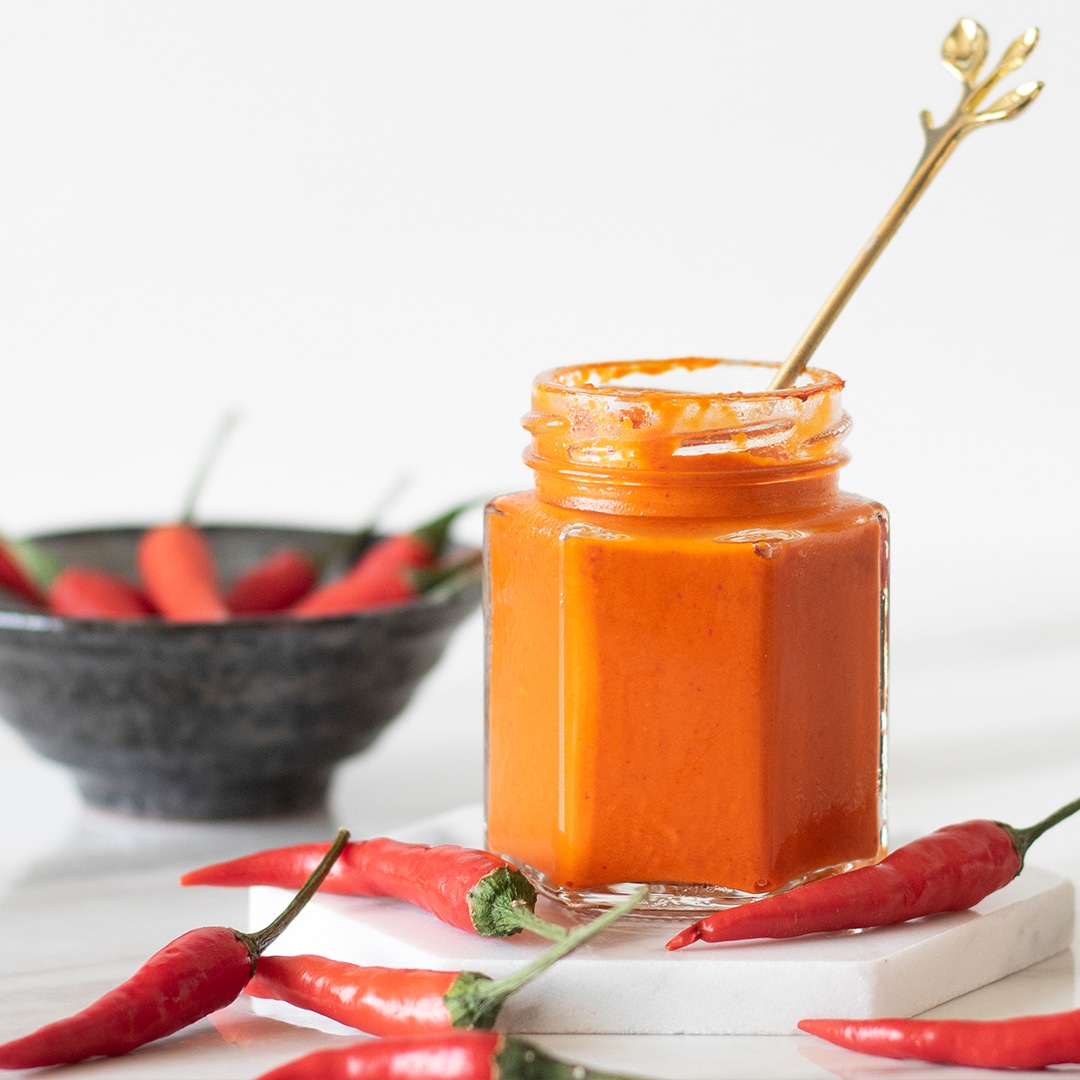It is no secret that variety is the spice of life, so make sure that you have all the right mix of ingredients to make all your favourite dishes.
1. Soya sauce
Used extensively in Asian cooking, salty soya sauce is a key ingredient to have in your pantry as it replaces the need for salt and adds a depth of flavour to dishes.

2. Sesame oil
Sesame oil is a flavour enhancer – it packs a nutty punch that none of the usual plant oils can compete with.
3. Sesame seeds
Usually toasted in a dry pan to give them a little colour and release their flavour, white and black sesame seeds are often incorporated in Asian dishes as well as used as a crunchy topping.
4. Fish sauce
Curries, stir-fries and soups almost always call for a splash of fish (or oyster) sauce, so it’s a staple that you can’t be without.
5. Chilli
If heat is not your thing, you can skip this one, but dried and fresh chilies are key components of many dishes.

6. Miso paste
Miso (a fermented soybean paste) is an indispensable staple in Japanese cooking thanks to its versatility and umami flavour, which balances dishes so effortlessly.
7. Lime juice
When added during cooking, lime juice (or fresh limes when available) assists in macerating the other ingredients – helping to balance some out and bring out the vibrance of others.

8. Palm Sugar
If you’ve got a sweet tooth (and even if you don’t) this is another ingredient that is often called for in Asian recipes. It is a natural sweetener, with a caramel-like flavour, made from the nectar of the coconut palm.
9. Hoisin sauce
This multi-purpose sauce is necessary for its versatility. It can be used as a dipping sauce, as a basting, as a stir-fry sauce and as a lifesaver to balance a recipe that may be a little too salty or too acidic.
10. Mirin
Like sake, Mirin is a sweet, fermented rice wine that is used to make marinades, basting sauces and dipping sauces. You can substitute it with a dry sherry or dry white wine, but it will lack that authentic Asian flavour.
By Lynette Botha
Photography by: Shutterstock, Pexels




